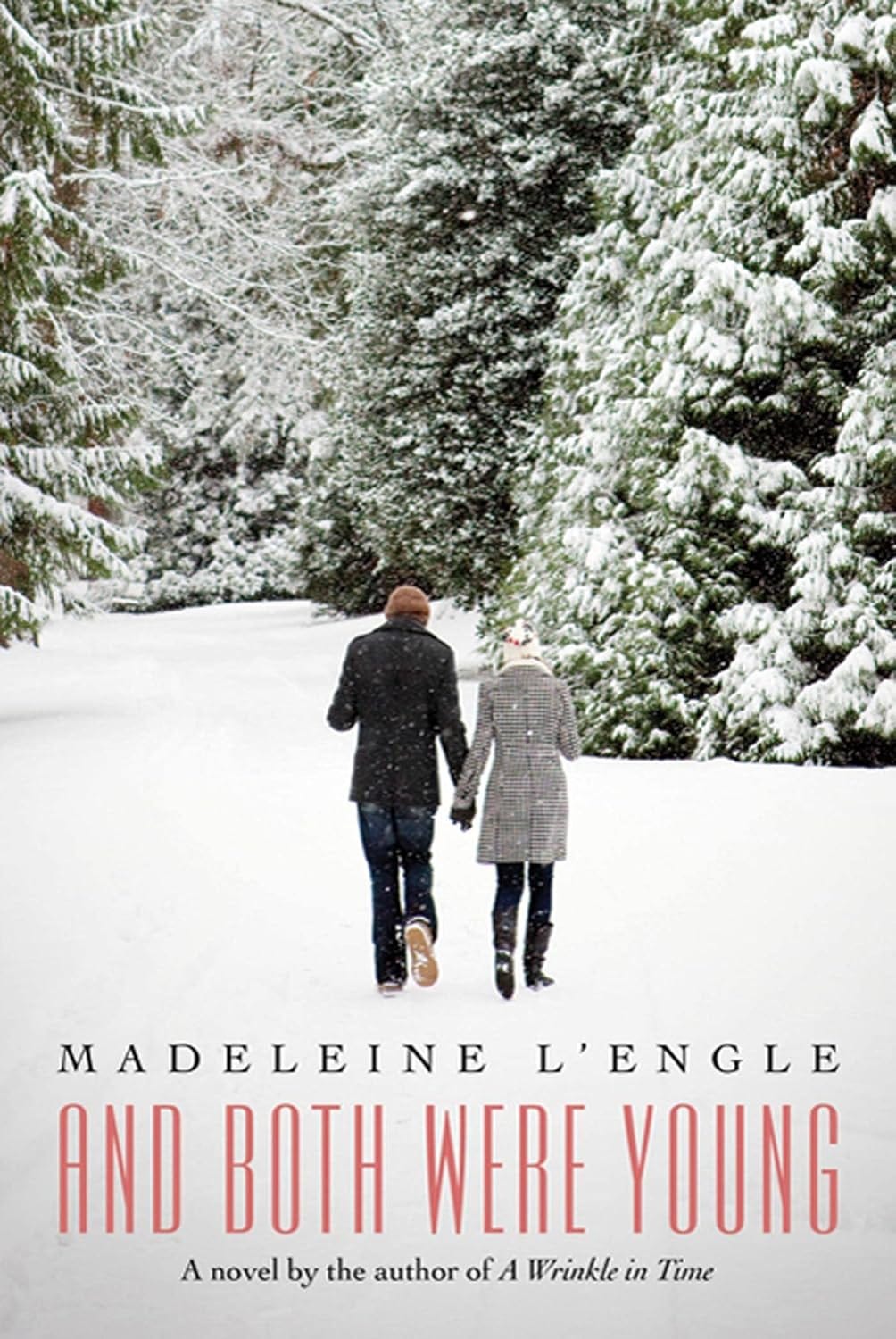Review: And Both Were Young by Madeleine L'Engle
She’s a shy teenaged artist who meets a French guy by chance…
Subscribe for free to Gentle Reads Fiction to get recommendations of uplifting stories that have very little to no profanity and no explicit sex or graphic violence.
Vintage Fiction | Young Adult Fiction
And Both Were Young by Madeleine L’Engle
Description
Flip doesn’t think she’ll ever fit in at a Swiss boarding school. Besides being homesick for her father and Connecticut, she isn’t sophisticated like the other girls, and discussions about boys leave her tongue-tied. Her happiest times are spent apart from the others, sketching or wandering in the mountains. But the day she’s out walking alone and meets a French boy, Paul, things change for Flip…
My Thoughts
I’ve read this 1949 young adult novel at least three times, first when I was twelve. (Mind you, I actually read the 1983 edition, which includes some original story elements, like Flip’s grief over her mother’s death, that the author once had to leave out, due to their taboo nature for young people’s fiction in the ’40s.) I remembered certain parts of this postwar story but forgot major aspects of the plot—twice. So it’s been both a familiar but fresh reread for me each time.
Romantic, Yes. But Not a Romance Novel.
Even given Paul’s role though, I wouldn’t call this novel a romance. The story focuses on Flip’s overall experiences at boarding school, not mostly or solely her romantic ones.
Granted, it’s funny, as I do remember my adolescent self thinking of Paul as so mature and “dreamy,” and Flip’s interaction with him seemed like such a grown-up thing. But as my adult self read about these two teens once again, it was like, “Oh. Gee. And both were young.”
Oh, the Peculiarity
Besides the aspect of young love, I can see why I’ve been so drawn by this rather peculiar story every time. It’s the shy, nonathletic, unpopular heroine. A different, sensitive girl. An artist. Someone who struggles and has to try all the harder to make it in a social environment with her classmates, so her every triumph in school—whether major or minor—is that much sweeter.
It’s uplifting to watch how Flip learns and grows.
And Then There’s Christmas
So, okay, this isn’t exactly a Christmas novel. But the way it does eventually feature my absolute favorite holiday is pretty wonderful. My nostalgic self wouldn’t mind reading this one a fourth time in the future.
Like what you see here?
You’re welcome to check out the holiday books I’ve written: fiction of hope and inspiration, featuring diverse and uncommon lead characters.






